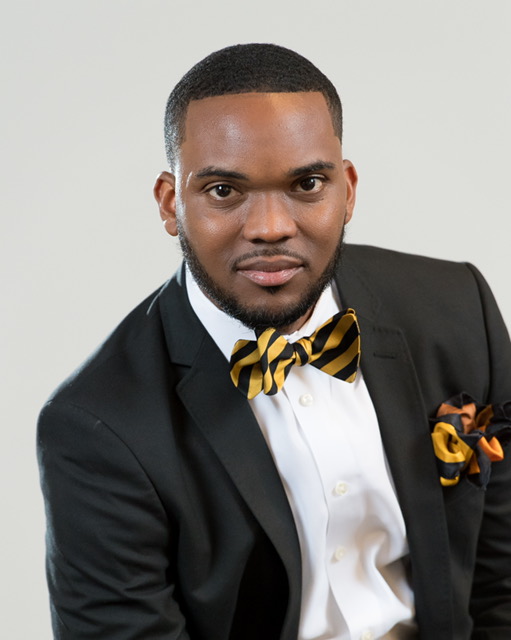Faith Building Bridges to Fight HIV
By Ulysses Burley III, MD, Columnist
In 2002, the World Council of Churches—of which the AME Church is a member—launched the Ecumenical HIV/AIDS Initiative in Africa (EHAIA) in response to a call from Christians and churches in Africa to the ecumenical fellowship to journey with them in overcoming the HIV pandemic. Two years later, the Ecumenical Advocacy Alliance (EAA) coordinated faith-based participation at the International AIDS Conference in Bangkok where, for the first time, a faith-based representative spoke during an IAC Plenary.
Today, the EHAIA has expanded its reach beyond Africa as the Ecumenical HIV/AIDS Initiative in Advocacy and EAA has since joined forces with the WCC to continue their legacies of global HIV/AIDS advocacy together. From Bangkok to now Amsterdam, the WCC-EAA hosted the 8th interfaith-affiliated event to the International AIDS Conference (IAC) under the theme “Faith Building Bridges.”
Amsterdam—founded along the banks of the River Amstel where fishermen built a bridge over the river near the IJ that doubled as a barrier against rising flood waters below—was an appropriate stage for the IAC theme, “Breaking Barriers and Building Bridges.” While Amsterdam is named for that barrier, today the iconic city is better known for its many bridges rather than its dams.
Historically, faith and religion have been viewed by some as barriers in the HIV/AIDS response, offering judgment for people living with HIV and perpetuating stigma and discrimination against vulnerable key populations. Yet, today, many people of faith and goodwill are actively building bridges with each other, government, civil society, academia, and most importantly, marginalized populations, to end AIDS and with it the perception that faith and religious communities are a part of the problem and not the solution.
Pew Research estimates 84% of the world’s population identifies with a faith community and the World Health Organization (WHO) estimates that 40% of healthcare services in low- and middle-income countries are provided by faith-based institutions. More specifically, faith-based institutions deliver 40% of HIV/AIDS services in Sub-Sahara Africa and as much as 60% of HIV-related services in other parts of the world. It’s evident that faith is interwoven into the fabric of the human experience with health and wellness as a core value across all faiths. It’s also true, however, that we’ve often allowed our differences to divide us rather than build bridges to unite us around our common voice of compassion, grace, dignity, and love.
Pope Francis said, “A person who thinks only about building walls, wherever they may be, and not building bridges is not Christian. This is not in the Gospel.” It’s within that spirit that Christians, Muslims, Jews, Hindus, Buddhists, Sikhs, and people of goodwill gathered in the city of over 1,200 bridges on July 21-22, 2018, as Faith Building Bridges to reduce HIV stigma and discrimination, to increase access to education and treatment, and to defend the human rights of people who find themselves on the margins of society yet at the center of the HIV and AIDS epidemic. Learn more about Faith Events at the 2018 IAC Interfaith Preconference at the 2018 International AIDS Conference here: http://iacfaith.org/faith-at-aids-2018.
A native of Houston, Texas, Ulysses W. Burley, III, studied at Morehouse College and Northwestern University Feinberg School of Medicine (FSM). Ulysses previously held an associate position at Northwestern University FSM Allergy, Asthma, and Immunology Clinical Research Unit and a position as program director for the Evangelical Lutheran Church in America (ELCA) Strategy on HIV/AIDS. He is the owner of UBtheCURE LLC, a proprietary consulting company on the intersection of faith, health, and human rights. He can be reached on Facebook—@ubthecure; Twitter—@ulyssesburley; and Instagram—@ubthecure www.ubthecure.com.





